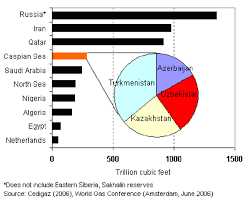Understanding Petroleum: Importance and Investment Opportunities
The Role of Petroleum in the Global Economy Energy Source Petroleum is the most widely used source of energy worldwide. It powers vehicles, airplanes, ships, and trains, enabling the transportation of goods and people across the globe. Additionally, petroleum is a key component in the production of electricity, providing power … …

